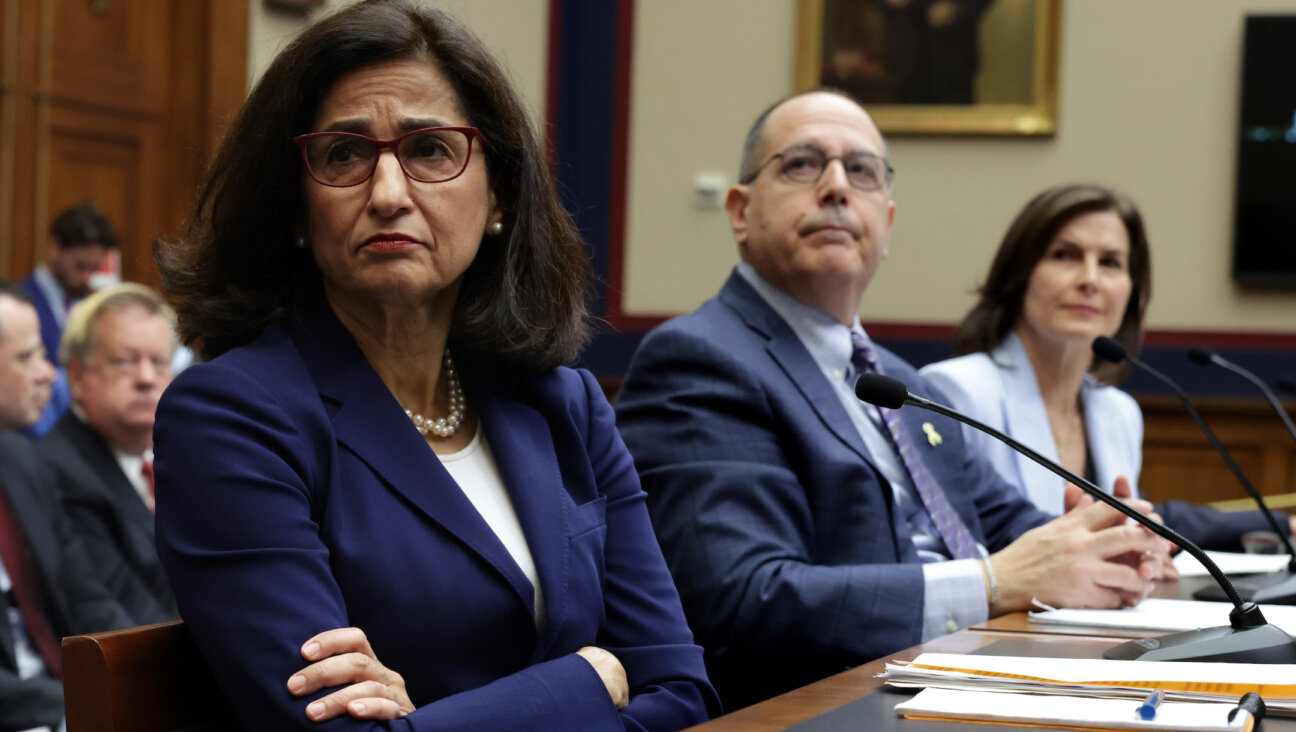Meet Rod Rosenstein, Likely Investigator Of Trump’s Russian Connections

Rod Rosenstein Image by Getty Images
Few people paid attention when President Trump chose Rod Rosenstein to serve as deputy attorney general in his administration. But Thursday’s decision by Attorney General Jeff Sessions to recuse himself from dealing with investigations relating to Russia’s involvement in the elections make Rosenstein, once he wins Senate confirmation, the government official who would lead the probe into Trump’s Russia connections and Russia’s possible involvement in his campaign.
Rosenstein, 52, is probably the least partisan figure Trump has appointed for any position. He is the longest-serving U.S. attorney and one of only three U.S. attorneys out of 93 who were asked to stay on even when Republican administrations shifted to Democratic.
After graduating from Harvard Law School, Rosenstein, who was born and raised in Philadelphia, joined the Department of Justice and was then offered a job as counsel to the Clinton administration’s deputy attorney general. Rosenstein then found himself involved in a team led by Kenneth Starr, investigating the Bill and Hillary Clinton Whitewater case. He did not play a key role in the probe, nor did he stay on for Starr’s later investigation into the Monica Lewinsky affair.
In 2005, Rosenstein was appointed by President George W. Bush to serve as the U.S. attorney for Maryland and was confirmed unanimously by the Senate. He has held the position ever since, under three presidents so far: Bush, Obama and now Trump. Democrats blocked an attempt by Bush to appoint Rosenstein to the 4th Circuit Court before even reaching a confirmation hearing.
A father of two daughters, Rosenstein has won praise from colleagues and from the press for his job as Maryland’s U.S. attorney, one in which he did not seem to allow politics to paint his prosecutorial decisions. He recently decided to press charges against seven Baltimore police officers, a move, as noted by Slate, that seems to run counter to the Trump administration’s statements of passionate support for law enforcement.
“I think he’s a nice pick, especially with Sessions as a more political pick at the top. It’s a good balance,” Carl Tobias, a professor at the University of Richmond School of Law, told The Hill, noting that Rosenstein brings to the job of deputy attorney general “an independence, professionalism and an understanding of the department and how it’s operated.”
Rosenstein’s confirmation hearing is set for Tuesday and is now expected to focus on his ability to conduct an independent investigation into Russia’s involvement in the elections, despite the far-reaching political ramifications this investigation could have.
Contact Nathan Guttman at [email protected]

I hope you appreciated this article. Before you go, I’d like to ask you to please support the Forward’s award-winning journalism this Passover.
In this age of misinformation, our work is needed like never before. We report on the news that matters most to American Jews, driven by truth, not ideology.
At a time when newsrooms are closing or cutting back, the Forward has removed its paywall. That means for the first time in our 126-year history, Forward journalism is free to everyone, everywhere. With an ongoing war, rising antisemitism, and a flood of disinformation that may affect the upcoming election, we believe that free and open access to Jewish journalism is imperative.
Readers like you make it all possible. Right now, we’re in the middle of our Passover Pledge Drive and we need 500 people to step up and make a gift to sustain our trustworthy, independent journalism.
Make a gift of any size and become a Forward member today. You’ll support our mission to tell the American Jewish story fully and fairly.
— Rachel Fishman Feddersen, Publisher and CEO
Join our mission to tell the Jewish story fully and fairly.
Our Goal: 500 gifts during our Passover Pledge Drive!

























